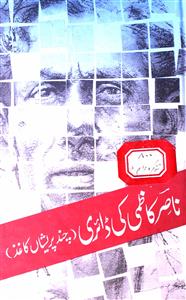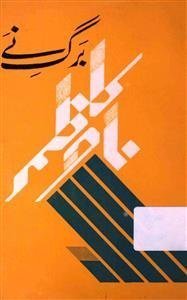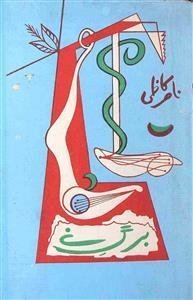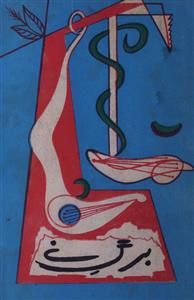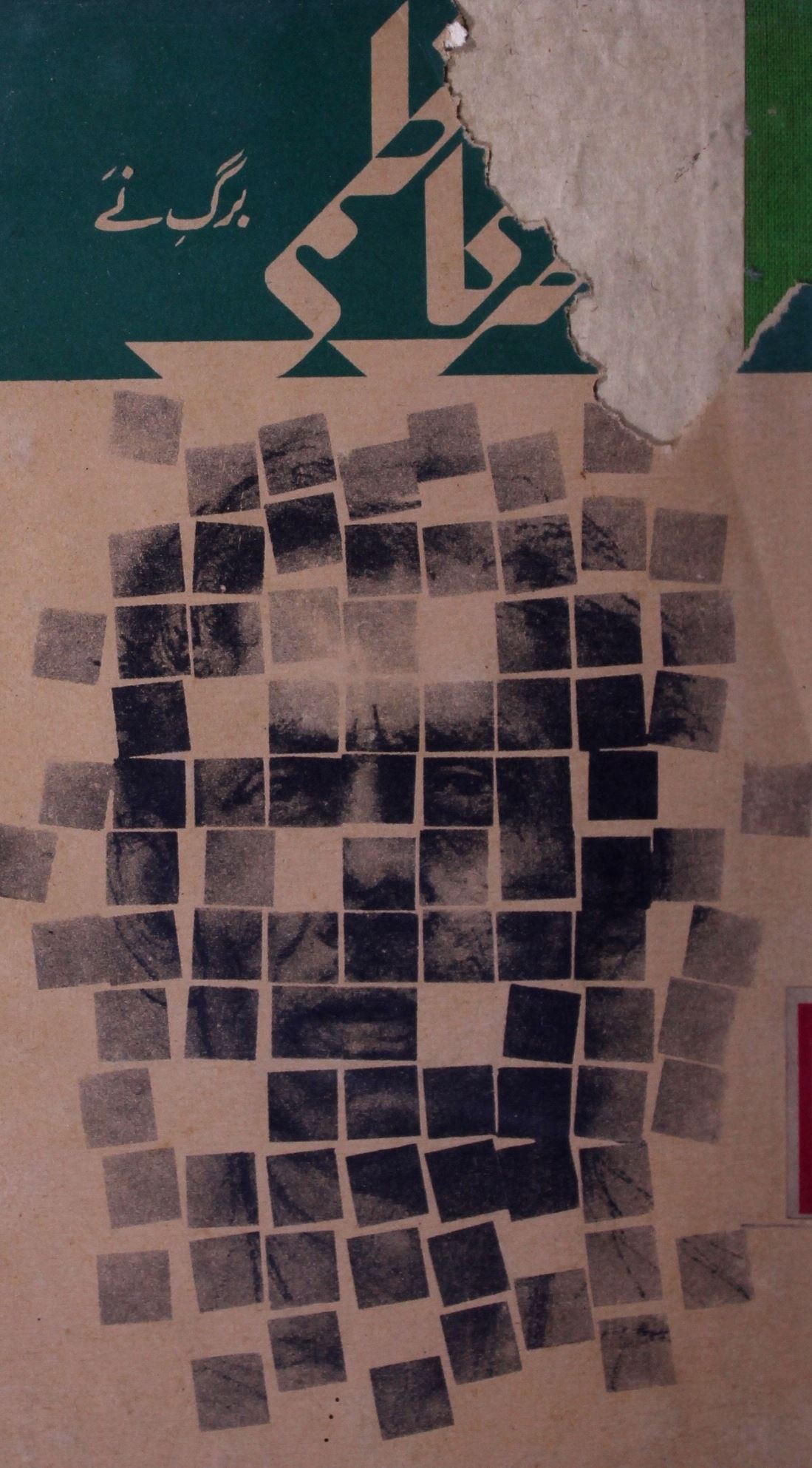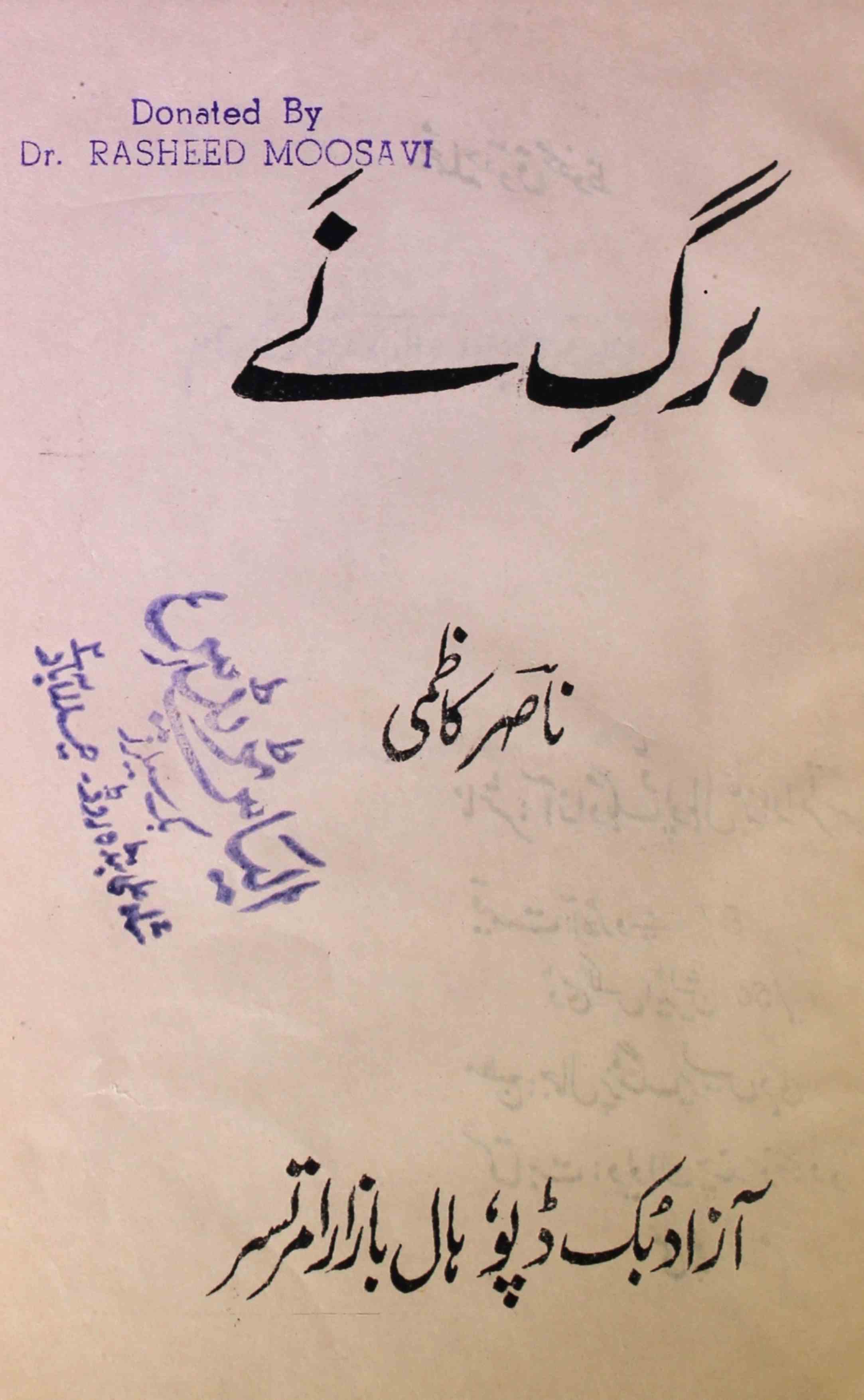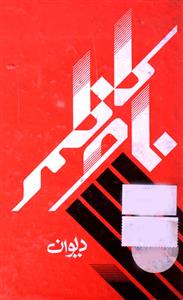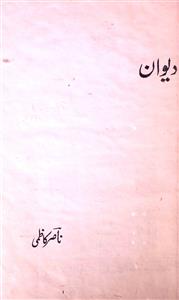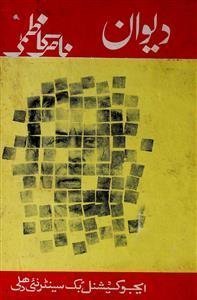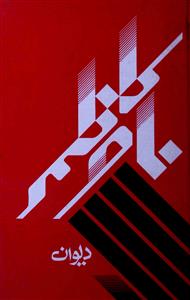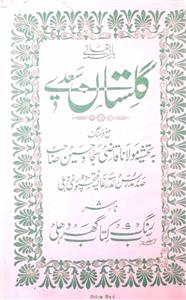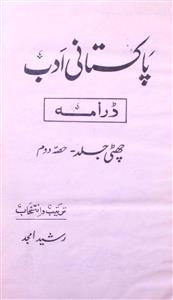 For any query/comment related to this ebook, please contact us at haidar.ali@rekhta.org
For any query/comment related to this ebook, please contact us at haidar.ali@rekhta.org
About The Author
Nasir Kazmi was born on December 8, 1925 in Ambala. His real name was Syed Nasir Raza Kazmi. Her father Syed Muhammad Sultan Kazmi was a Subedar in the Army and his mother was an educated woman and a teacher at the Mission Girls School in Ambala. Nasir studied at the same school until the fifth grade. Later, under the supervision of his mother, he read books like Gulistan, Bustan, Shahnameh-e-Ferdowsi, Qissa-e-Chahar Darwish, Fasana-e-Azad, Alif Laila, and Urdu Poetry. The influence of fictional literature read in childhood is also found in his poetry. Nasir passed 6th class from National School Peshawar and 10th class from Muslim High School Ambala. He had enrolled in Lahore Government College for BA, but had to drop out due to the turmoil of partition. He arrived in Pakistan in a state of extreme depression. Nasir started writing poetry at an early age.
At a time when ghazal-writing became few and sparse, Nasir Kazmi emerged as a unique ghazal composer who not only revived ghazals, but also amazed his readers with the beauty of nature and the universe, with his creative essence. After the partition of the country, Nasir Kazmi emerged as a poet who succeeded in restoring the creative character of ghazal to its fullest. The new generation of poets feel the expression of Nasir Kazmi close to their hearts and souls because the new poetry has moved away from collectivism and has become deeply attached to private life. As a result of this tendency, Nasir Kazmi, compared to poets who preach humanity and collectivism, feels more realistic and tangible.
Nasir’s early influences were Mir Taqi Mir and Akhtar Sherani. In his poetry, love has played a major role. Nasir, who lived in a large mansion in Ambala, had to live for ten years in a dilapidated house in old Anarkali in Lahore. After emigrating, they were unemployed and helpless. His parents could not bear the horrors of partition and its aftermath for long and died. Nasir held small jobs in the welfare department and the agriculture department. Then one of his sympathizers made a concession to the rules and got him a job in Radio Pakistan and he remained associated with it for the rest of his life. But as many jobs as he did, he did reluctantly; discipline and Nasir Kazmi were opposites. He had not learned to work hard, so despite his passion, he could not learn music and painting. He was convinced to immerse himself in the beauty of nature like a free bird and to sing songs about his emotions and experiences. He called poetry his religion.
Nasir was extremely careless and an enemy of his own life. He had heart disease since the age of 26 but never abstained. Chain-smoked, went to any roadside chain and ate anything and everything, and drank tea dozens of times a day. Due to this perpetuated negligence, he got stomach cancer in 1971 and died on March 2, 1972. But before passing away he left his readers with a treasure trove of poetry and literature.
After ‘Barg Ne’, his two collections "Diwan" and "Pahli Barish" were published. Then a collection of his Nazms ‘Khwab-e-Nishat’ came to the fore. He also wrote a drama series "Sur Ki Chhaya". As well as being a poet, he was also a good prose writer. During his radio career, he wrote sketches of classical Urdu poets which became very popular.
There is a strange charm in both Nasir Kazmi's personality and poetry. Despite his traditional vocabulary, he embellished the ghazal with his style and rarity. He wrote poetry above ideological leanings, so his field of poetry is wider and more diverse than others, in which love is central. All his poetry is a wonder in which the one who enters is lost in its enchantment for a long time. He used a very simple, everyday language for poetry and prose expression. The magic of his poetry speaks volumes. His prose is as simple but profound as his own. He asserted his existence in the a soft and whispered tone, and freed the Urdu ghazal from cliches, exploited its hidden possibilities and brought it to the new threshold of creative perfection.
 For any query/comment related to this ebook, please contact us at haidar.ali@rekhta.org
For any query/comment related to this ebook, please contact us at haidar.ali@rekhta.org
